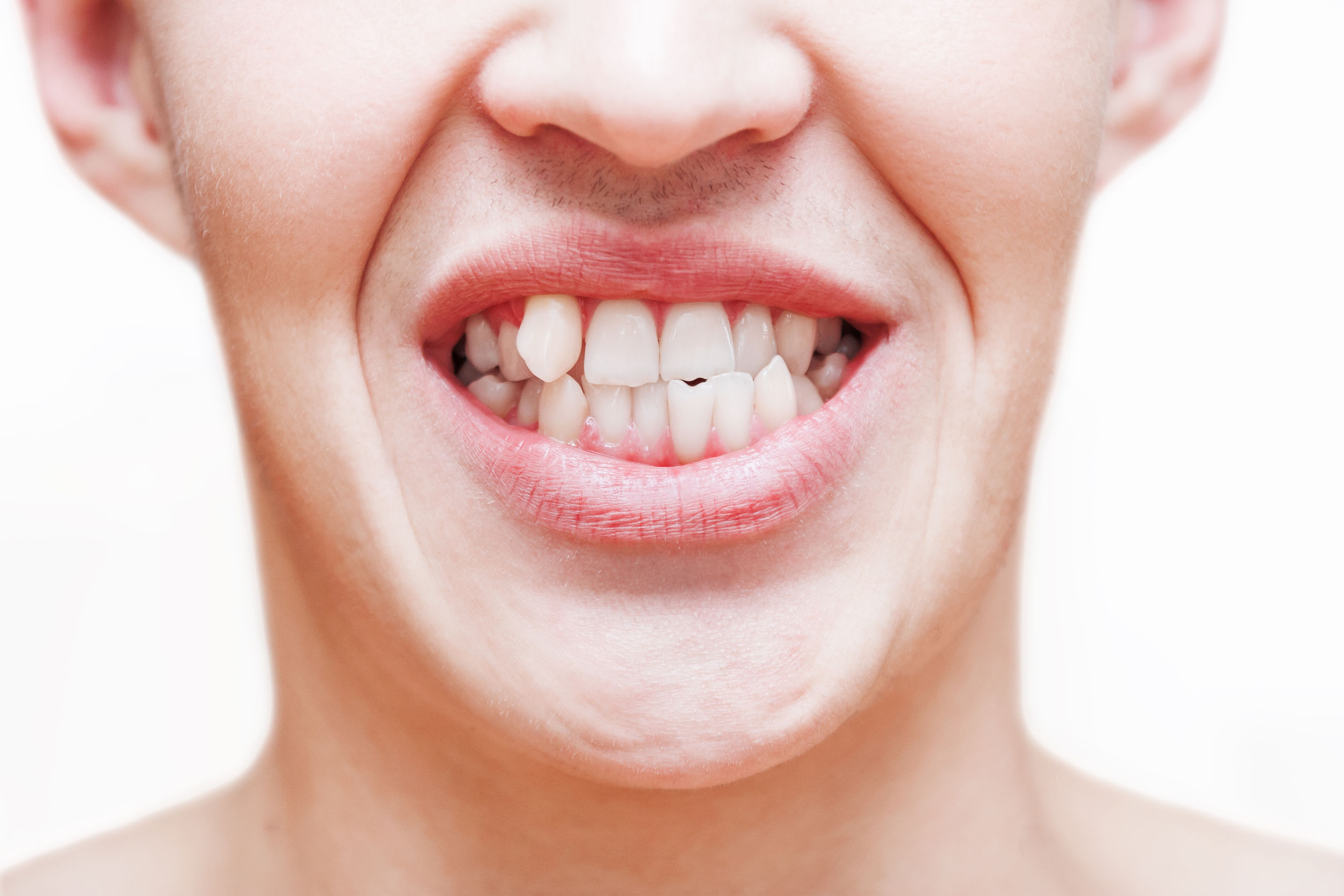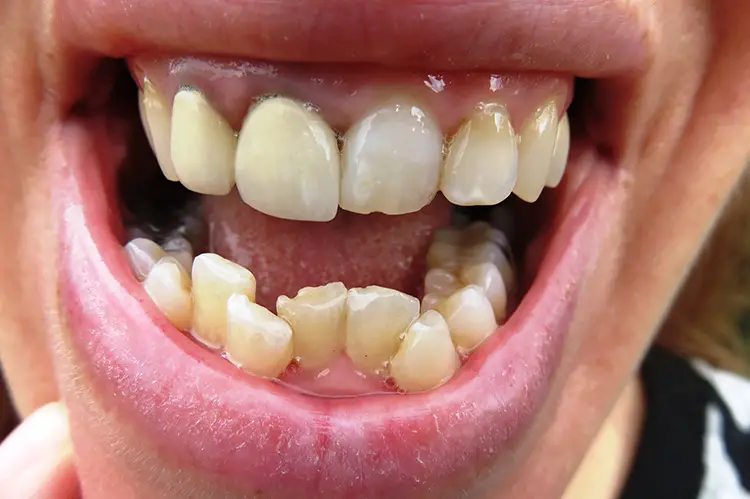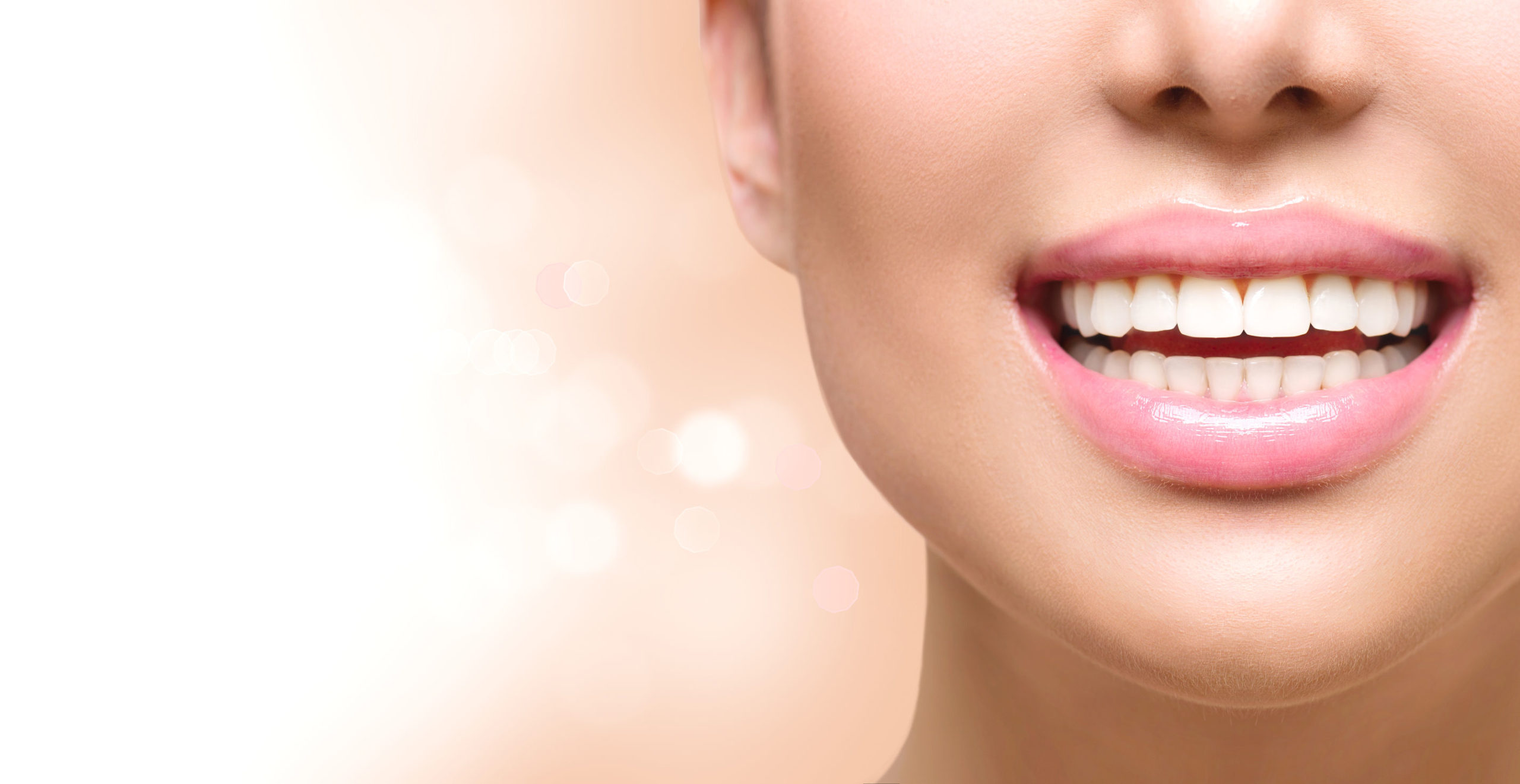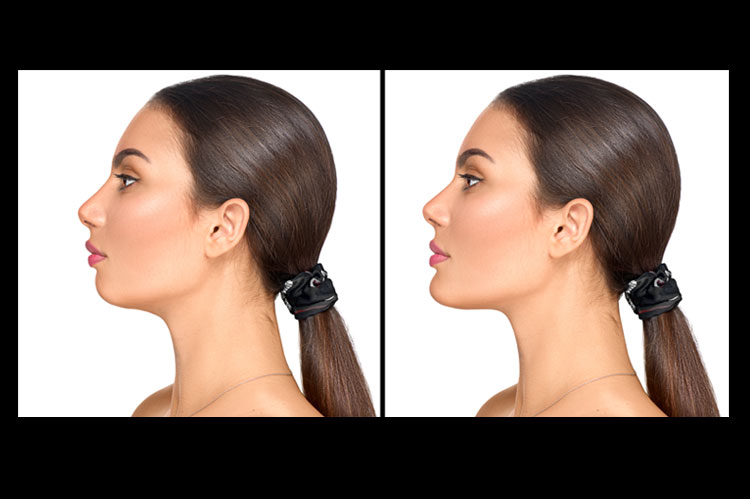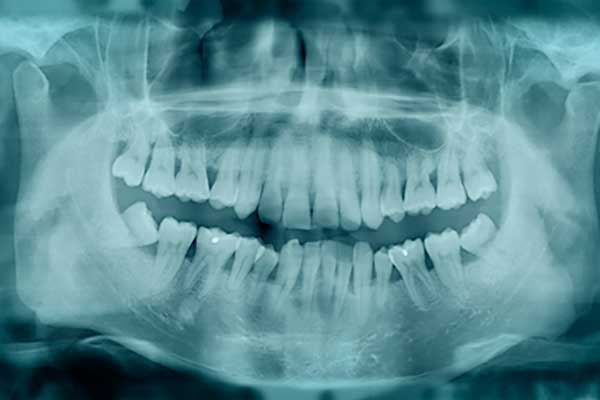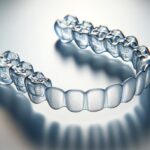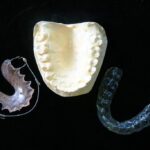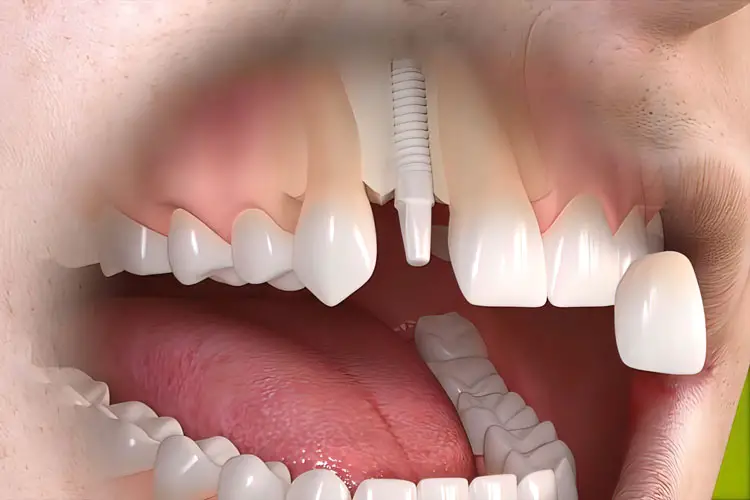There’s a clear correlation between oral health and overall well-being. A study by the American Dental Association finds that 23 percent of adults are embarrassed because of the condition of their mouth and teeth, and 25 percent avoid smiling because of it.
One particular issue that contributes to this malaise is crooked teeth — something that many people deal with to some extent.
And this is why the orthodontics industry is so huge. The ReportBuyer team writes that the global orthodontic supplies market was valued at $3.4 billion in 2016 and will reach upwards of $6 billion by 2023.
But why are crooked teeth so common? And what are some of the factors that create crooked teeth and irregular bites? We’ll take an in-depth look at this post and identify some of the main reasons for this type of oral maldevelopment.
Inherited Genetic Traits
Genetics is the primary cause of crooked teeth.
“Most of us have about as much control over how our teeth develop as we do over the color of our hair or our eyes,” writes orthodontist Damon Szymanowski. “The dental traits that can lead to the crowding of teeth and jaw misalignment are often inherited from our parents.”
So for many of us, developing crooked teeth is simply out of our control. If either of your parents have this issue, then your odds of having it increase considerably.
Dr. Szymanowski also points out that it can be due to the size of your mouth. More specifically, having a small mouth means a greater chance of your teeth crowding, which can cause your other teeth to shift from their normal position.
Paleoanthropologist and evolutionary biologist Peter S. Ungar discusses the prevalence of this phenomenon in humans: Our jaws are often too small to accommodate all of our teeth. In comparison, many other animals with larger jaws have perfectly aligned teeth.
This seems to have an evolutionary component to it, Robison Orthodontics adds. When compared to our ancient ancestors, there’s a definite trend where the average jaw size is diminishing, with the jaws of modern humans smaller than ever. The problem is that our teeth haven’t caught up to this yet.
They also explain that an average adult jawline isn’t capable of supporting a set of 32 teeth. This is why so many people have teeth that come in crooked and why it’s so common to have wisdom teeth removed. In fact, nearly 85 percent of us end up having our wisdom teeth extracted, according to Brandon Dentistry.
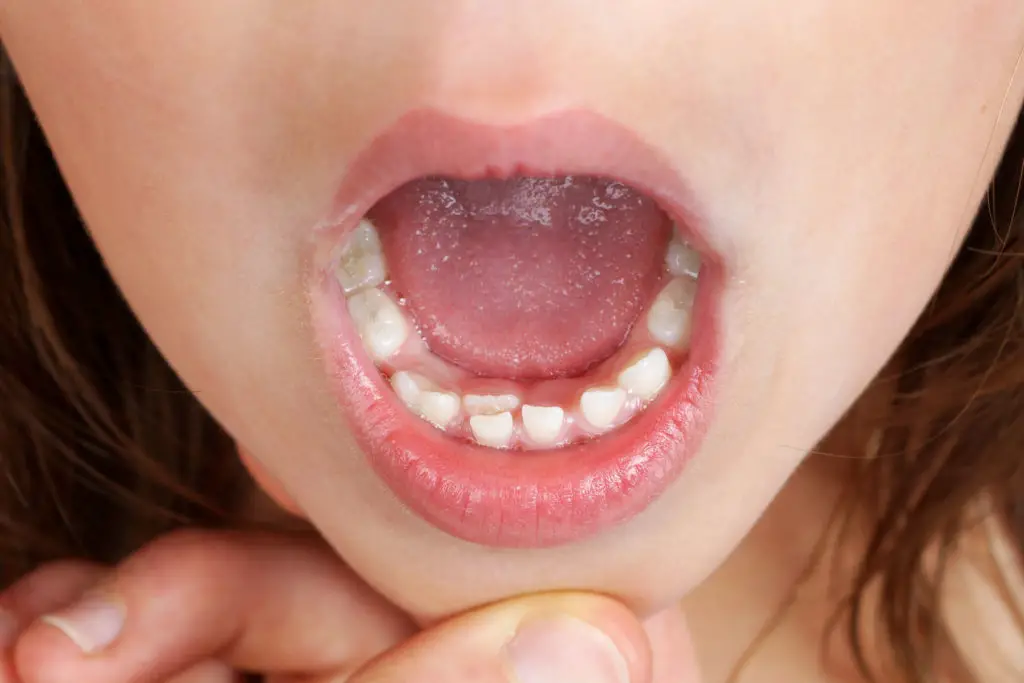
Medical Conditions
Another major cause of crooked teeth is medical issues. Two specific conditions are especially common, according to Koch Orthodontics.
One is a facial injury. Whenever there’s significant trauma to the mouth or jaw, it can lead to a shift in the alignment of teeth. The more severe the injury is, the stronger the likelihood of teeth moving out of place.
The other is prematurely losing baby teeth. Orthodontist Debra F. Fink writes that baby teeth heavily impact the formation of our adult teeth. It’s their job to maintain space in the mouth until the adult teeth are ready to come in.
If a baby tooth falls out prematurely, that place-holding space in the mouth is lost, which can cause crowding when adult teeth come in. Losing any teeth before the age of four is generally be considered premature and can throw off normal tooth development.
Dentist and author Steven Lin says a nasal airway obstruction can adversely affect jaw and teeth development in children. He explains that normal nasal breathing is necessary for healthy jaw and teeth development.
But when there’s a nasal obstruction, the result is often a mouth breathing habit. This is problematic because it can throw off normal childhood facial development and potentially lead to oral abnormalities such as crooked teeth.
He also says that incorrect swallowing can be an issue. Known as dysphagia, this often results in a tongue-thrust motion, which creates strain on the facial muscles. And over time, this too can lead to crooked teeth. Symptoms of dysphagia include the front teeth being held slightly apart with the tongue between them and a lack of a lip seal when the mouth is at rest.
Finally, there’s the issue of losing teeth. Dr. Szymanowski explains that whenever a person loses a tooth due to injury or illness, that makes it easier for the remaining teeth to gradually shift over time in order to make up for the lost space. This can translate into those teeth moving in a way that they normally wouldn’t have, which often means crookedness.
Other reasons for tooth loss include poor dental hygiene, foregoing routine visits to the dentist and tobacco use, the Consumer Guide to Dentistry writes. So these are all things to be aware of.

Lifestyle Factors
There are other lifestyle factors and habits that can lead to the maldevelopment of a person’s mouth.
Thumbsucking, for example, is a habit that commonly leads to crooked teeth and bite problems, pediatric dentist Jade Miller writes. While this is normal for infants and toddlers and isn’t usually an issue up until age three, it can definitely become a problem if it continues past that age.
Prolonged thumbsucking causes the upper front teeth to shift outward and the upper jaw to become narrower in the back, which can lead to crooked teeth. Dr. Miller suggest that parents discourage their children from thumbsucking when they reach age three.
The same is true for pacifiers, Scott Frothingham writes at Healthline, because they can create what’s known as an open bite. This is when a person’s upper and lower teeth slant outward so much that they don’t touch. Although most dental experts agree that thumbsucking and using pacifiers is okay during the first few years of life, it can wreak havoc if allowed to continue.
Another habit that can create problems is pressing your tongue against your teeth.
“The tongue is a powerful muscle—one of the most active and strongest in the body—and it can press and move teeth, especially in the early years, as they are just growing in,” Orthodontics Limited writes. “This can push your teeth out of alignment before they ever get a chance to grow in properly.”
Often an unconscious habit, it is something to be avoided if possible, especially during childhood development.
Dr. Steven Lin also mentions that poor lip posture can be a contributing factor to crooked teeth. He says that a child’s facial muscles should completely close the lips when they are at rest. When this doesn’t happen, it’s typically the result of a low and forward tongue posture.
Dunn Orthodontics adds one final possibility, which is poor nutrition. They make the point that building strong bones is contingent upon the body having the necessary building blocks — and it’s no different with jawbones.
If the mother has a poor diet during pregnancy or a child has a poor diet during their formative years, this could definitely be a factor involved with jaw misalignment, which can lead to crooked teeth. More specifically, a lack of vitamin C and calcium can inhibit the development of strong teeth and bones.
That’s why Harvard Women’s Health Watch agrees with the recommendation by the World Health Organization of 500 milligrams of calcium per day for women along with with 800 to 1,000 international units of vitamin D.
As for children, the KidsHealth team suggests 700 milligrams of calcium for those between the ages of one and three and 1,000 milligrams for those between the ages of four and eight.
Multiple Factors: The Same Result
As you can see, there are myriad factors that can contribute to crooked teeth. Some are based in genetics and medical conditions, while others are rooted in the wrong habits. Therefore, it’s not always easy to point to one specific thing, and there could potentially be two or more factors in play.
Unfortunately, the consequences of crooked teeth go beyond just unfavorable aesthetics.
Some long-term issues include teeth grinding, trouble brushing and flossing (which increases the chances of cavities and gum disease), jaw strain and excessive wear on certain teeth, dental writer Tracey Sandilands notes.
The Only My Health team adds that it can take a toll on your overall health. The bacteria buildup that occurs in your mouth can increase the chances of a stroke, diabetes, and heart disease.
So crooked teeth are definitely something to take seriously, especially if they’re severe. Luckily, there are corrective options including bite correction and orthodontics that can effectively resolve the issue.
Images by: aksenovko/©123RF Stock Photo, bilanol/©123RF Stock Photo, mirage3/©123RF Stock Photo

